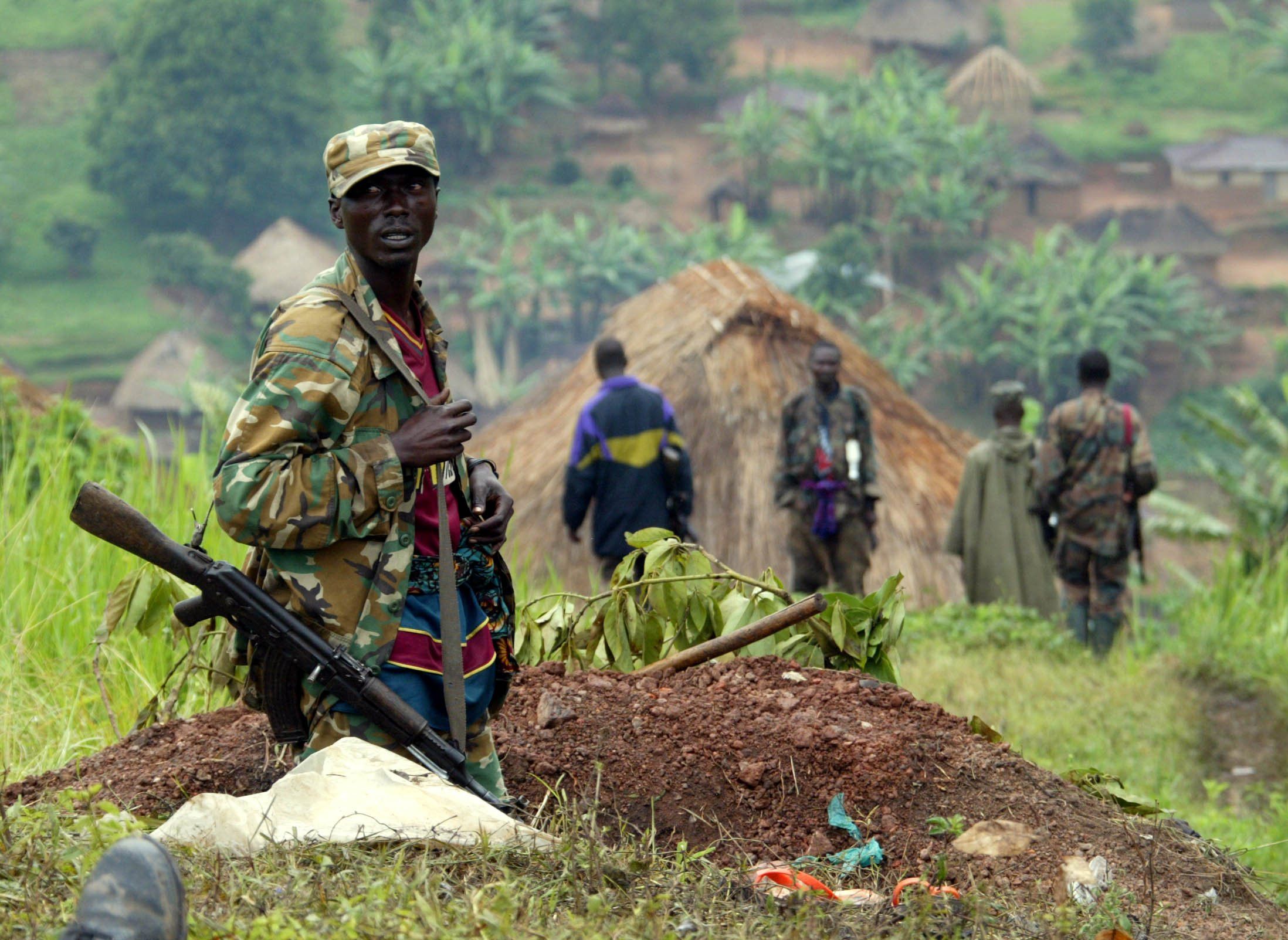A humanitarian truce in the eastern Democratic Republic of Congo between government troops and M23 rebels backed by neighboring Rwanda was extended by 15 days, to Aug. 3, but fighting in the area continues, and the prospect of a wider conflict looms.
The background: Over a hundred rebel groups are fighting for control of mineral-rich regions in the eastern DRC along the Rwandan border. M23, formed by deserters from the DRC army, is the most powerful of the groups – its decision to launch an offensive to capture the provincial capital of Goma in 2022 reignited a decades-long conflict in DRC that has so far displaced more than 3 million people.
Rwanda’s history of ethnic tensions is part of the story. Thirty years ago, Rwanda’s Hutu majority committed a genocide against the Tutsi minority. Rwanda says some of the DRC-backed militias around Goma, such as the Democratic Forces for the Liberation of Rwanda, are composed of Hutu genocidaires who escaped across the border to avoid justice.
The UN, meanwhile, says Rwanda’s President Paul Kagame, a Tutsi, has deployed up to 4,000 troops to fight alongside the M23, against DRC forces.
Risk of regional outbreak. Congolese President Felix Tshisekedi has threatened war against Rwanda in retaliation for Kagame’s involvement.
